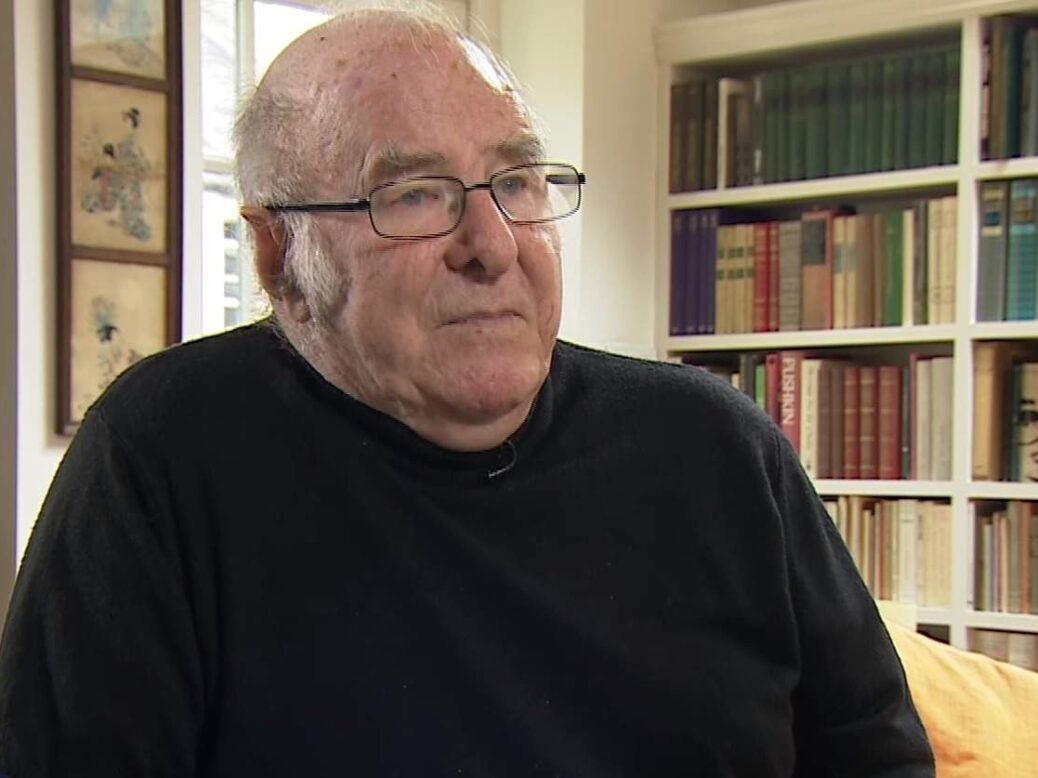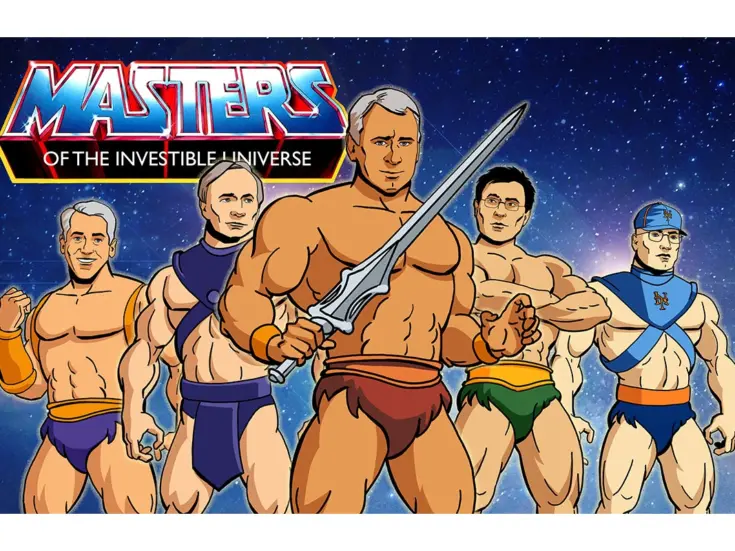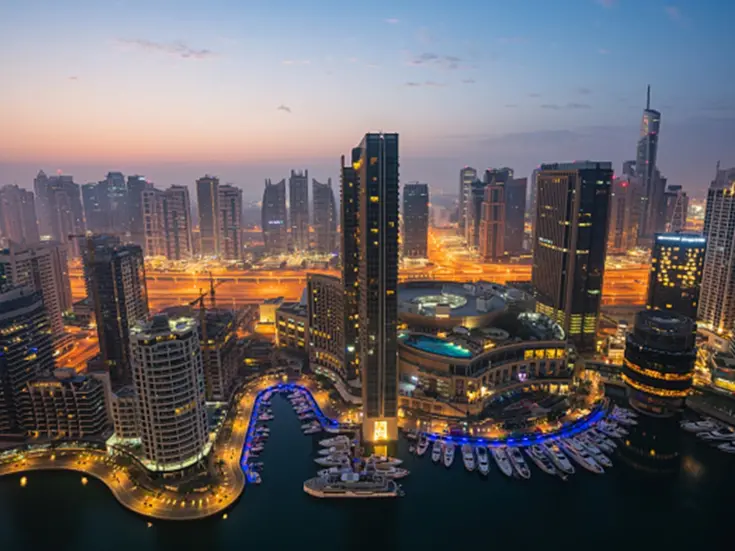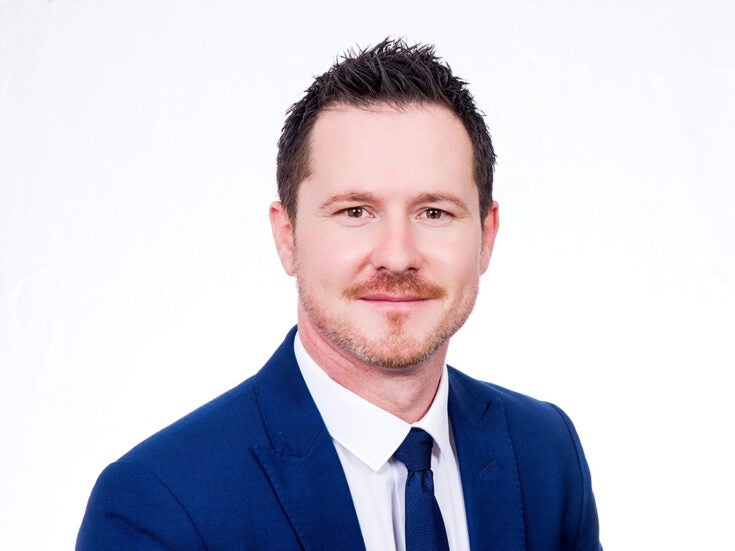
In a rare interview for issue 64 of Spear’s, the late polymath Clive James talked about his latest epic poem, Dante, Rembrandt, journalism, and his admiration for his family. Words by Christopher Jackson.
Your epic poem, The River in the Sky, seems to me a summation of all the things you’ve been interested in. When did you begin writing it?
Really I’ve been writing this poem for ages, in the sense I would get visited by fragments that didn’t fit together but seemed to be asking for a framework in which they might. Eventually, the year before last, it occurred to me what the missing context was, and that I already knew something about it. It was the journey into oblivion.
Your late poems might be taken as a kind of poetic equivalent of the Rembrandt self-portraits – and now I read the wonderful Rembrandt passage in this new book. Which pictures would you most like to stand in front of again?
Once I might have said that there were hundreds of them that I would like to revisit and stand in front of, but today I can just dial them up and they can look at me while I’m sitting down. We have this universal gallery at our fingertips. I do count that as a great new blessing: these infinite galaxies of images. Only this morning I was looking again at Leonid Pasternak’s gorgeous blue pastel sketch of Mrs Levin, and I was thinking, well, there she is, and she’s there for ever now. The Nazis couldn’t destroy her and now nothing can, except the dying of the sun.

@ClaerwenJames
You’ve said you’ll be more famous one day for being Claerwen’s father than for your own work. You’ve said similar about your wife’s scholarship. What do their books and pictures mean to you?
Their books and pictures mean a great deal to me, but so does the glittering dagger each of them carries to punish me with if I drag them too often into the discussion. Let’s just say that I’m in no danger of feeling isolated and misunderstood. The whole bunch of them understand me too bloody well, right down to my granddaughter’s dog.
I should say here while I can, though, that it was a great privilege to still be around while Claerwen was preparing her latest exhibition. Her subject figures make you ache with melancholy. I love the way my daughter paints: I don’t see how any other reaction is possible.
On the other hand it has taken me a long lifetime fully to appreciate the beautiful creativity of my wife’s scholarly work. Her latest book about Dante is a thing of such splendour that it makes me wonder if I might not be blaspheming even to mention the guy’s name. My consolation is that we’re doing very different things: I’m making things up, and what she does is more like science. Claerwen, whose early qualifications were in molecular biology, is really much more in tune with the precision and discipline of what her mother is up to.
If you’re asking me whether it humbles me to have so much competition in-house, as it were, the answer is yes, it does. Then I flee for refuge to watch another Netflix episode of Mossad with my younger daughter and it turns out she remembers every detail of the previous episode.
It doesn’t hurt to be surrounded by sharper minds than one’s own, but really, there are limits.
How do you divide your time between writing and reading?
The two things get in each other’s way all the time, but somehow one finds that both are going forward at once. The real mystery is not in the timing but in the disproportion between the subject you read about and the subject you write about. For example, I might be halfway through Anne Applebaum’s terrifying book Gulag and I suddenly find myself sketching out the opening stanza of a poem about dancing the tango in Buenos Aires. Later on, sometimes months later on, that opening stanza might become the closing stanza, but the process of getting the poem in the right order is nothing like as complex as the question of how you were reading about despair and were suddenly visited by the music of elation.
Did your work on Dante alter your sense of your own mission in poetry?
No, not a bit, except to the extent that Dante’s example of incandescent specificity had already been my guiding light since the early 1960s, when I first read him in his home town, Florence. If he’s ever going to grab you, he’ll grab you on the first day. Because Dante himself works by assembling scenes and episodes. He’s got a coherent scheme of the whole universe and we haven’t, but without his capacity to get lost in the moment he would never have seen the complete picture.
It seems that in The River in the Sky, as in Dante, the organising principle is love. In Dante it’s religious; in your poem it’s marital. Have you ever been in danger of being converted by Dante?
I’ve sometimes been in danger of melting down in helpless envy at how Dante can pull rabbits out of the hat, but I’m a lot less sure than you are about his spiritual coherence. The universal acuteness of his power of perception strikes me as being much more like the magic moment when Szilard, walking in Bloomsbury, suddenly realised that the force holding anything together could, if suddenly released, blow everything apart. If The River in the Sky has an organising principle, then I hope that’s it: memories packed tight until the sun comes up.
Have you ever felt tension between your poetry and journalism?
All the time I feel the tension between composing poetry and writing incidental prose, but I feel it as a creative interchange, not as a conflict. When I took care to
describe, in my Wimbledon reports, how Jimmy Connors deployed his Early Grunt along with a two-handed line drive and Bjorn Borg returned it along with a grunt in Swedish, I was being as poetically concentrated as I could ever get. The secret of writing that kind of journalism was to give it everything.
The River in the Sky is full of momentary scenes that I might have written as journalism, but the opportunity never arose. Now they have. And only just this morning I saw, out there in the garden, a butterfly getting into a flower.
He would have been in the poem if he’d arrived earlier.

@DomenicoPeterlini WikiCommons
When reviewing Updike’s Endpoint you imagined what his career might have been like had he written only poems. Do you ever wonder what poetry you might have written if there hadn’t been money to earn elsewhere?
All I’m sure of is that it would have been worse. Given James Merrill’s money, I would have had all of his tendency, and more, to go in search of a topic. As things happened, my topics came to me, as sharply defined as a demand for rent. I was never artistically ambitious: I never had the time. Nowadays, dancing in the end zone, there is time; and I can indulge myself in this epic. You will have noticed, however, that it still doesn’t hang about. That’s because I want people to read it. If you want people not to be able to stop reading, you’ve got to keep the pace up even in the slow bits. Watch the tango dancers doing hesitation step and you’ll see they never really stop.
In Cultural Amnesia you put forward your idea of a ‘new humanism’. Do you fear that the current political situation will threaten that?
You must excuse my apparent frivolity, but when I was very young, Hitler and Stalin were both still alive. While I was growing up, Mao was actively reducing the population of China. Are you really asking someone of my generation to regard this posturing dolt as the apex of evil?
You described Arnold Schwarzenegger as a ‘brown condom full of walnuts’. How would you describe Donald Trump?
I’m still working on it, but I have to admit that the reality has a way of staying ahead of any description. I used to watch Alec Baldwin’s Trump impersonation on SNL and thought, ‘He’s almost got it.’ But only almost. I also thought, incidentally, that Hillary would lose. She insulted the electorate.
Who’s the best prime minister you’ve lived under?
I have to say Menzies [Australian PM from 1939-41 and 1949-66], although my mother got very strict if she caught me slighting Ben Chifley [1945-49]. The twin facts that Menzies was a patrician, whereas Chifley still remembered the shaking of a locomotive’s footplate through his feet, impressed her, and she made very sure that they impressed me. As for my time in Britain, the best PM was Thatcher by miles, although I was damned glad I was not a coal miner.
If we could be transported to the 1970s, to a drinking session with yourself, Christopher Hitchens, James Fenton, Martin Amis et al, what might surprise us?
Everyone present would be either a hundred years old or dead. Oh, wait a second: you mean we’d be as we were? I’m still trying to evoke it. As usual I start with all the things I said that I could have said better. That bunch were all very bright, and a lot ruder and more scornful than they turned out to be later. This time the women would be there, instead of waiting patiently at home to receive the body-bags. Stop me before I start writing about it all over again. It was great to be young but don’t forget that nobody was as yet really in one piece, so the jockeying for position was a bit fierce. Even the older men like Kingsley Amis and Robert Conquest would talk for victory. It was lucky that Terence Kilmartin was there, to teach us grace by his quiet example.
You said that you planned to write a book about the Second World War. What might that have been – or perhaps you’ve secretly written it?
My lips are sealed. Or – in other, if muffled, words – I’m still planning my future.
How is your maple tree doing?
It died. But I didn’t; or at any rate I haven’t yet.
Featured image credit: BBC News @YouTube
This article was published in the September/October edition of Spear’s. To subscribe, click here
Related…
Interview: Lloyd Dorfman on UHNWs: ‘You don’t see a huge number giving’
Interview: Guy Hands, reign of Terra
Interview: Yanis Varoufakis on the end of Europe — and capitalism









